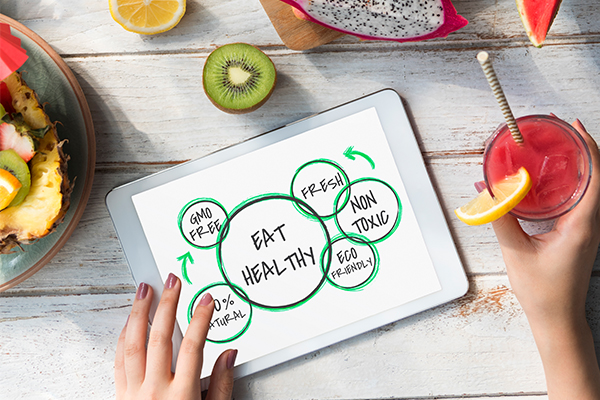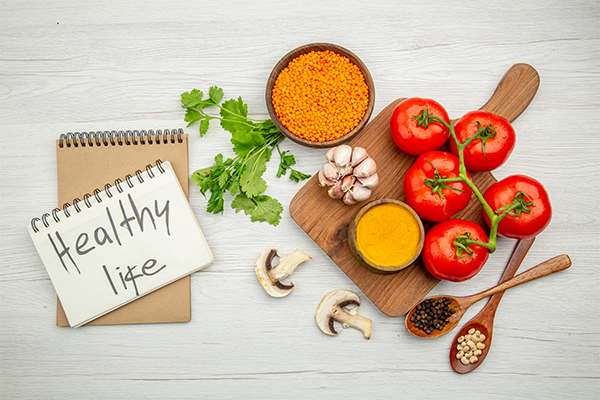
Like most of us, I was raised in a house where everyone ate meat. On top of that, I lived on an Angus Cattle farm, so we lived with the animals that we ate. It was something I never questioned growing up, as most people do not. But then there came a moment in my life when I realized that there was something not quite right with the way I ate. Looking back on this journey now, there are so many things I would like to tell my younger self. This is why I am sharing them with you so you can thrive on your plant-based journey – whether you’re already on it or just starting out.
When it comes to nutrition, everyone has an opinion – and I mean EVERYONE. So, when you change your diet that usually involves being asked new questions by the people around you. Some might be curious while others may have their doubts, judgements, and even stir up arguments. But don’t let that set you back. More often than not, their response is actually a reflection of their own insecurities, not yours. And you do not have to comment or respond to their questions if you don’t want to.
For those of us that were brought up on a Standard American diet, your plant-based plate will look quite different to that. You will have to let go of the idea of having a “protein-main” with some “carb and veggie side dishes”. Most plant-based foods are actually higher in carbs – which is not a bad thing. We are very protein obsessed as a society, so don’t let that intimidate you. Be creative and explore all those beautiful and colorful plant-based options out there.
A lot of vegan substitutes can be quite expensive, so naturally, people think that a vegan diet must be expensive too. And while, yes, if you rely predominantly on those items, that can be true, there are so many budget-friendly options out there. Grains, beans, and some fruits and veggies can be incredibly affordable items – especially if you buy them in bulk. The more you cook and make yourself, the easier it will be on your wallet.

Theodore Roosevelt once said, “Comparison is the thief of joy.” For that reason, how you choose to navigate your plant-based journey is up to you too. It doesn’t have to make sense to anyone else and it doesn’t have to look like other people’s journey. Whether you opt more for convenience products, go down the whole-foods path, or don’t put a label yourself at all – you do you. You just need to learn to listen to your body and make sure that what you’re doing feels aligned with your personal values.
Even though people think that by going plant-based or vegan, you subtract things from your diet, most plant-based eaters actually get to know new food items or even food groups along the way. Those can be all the different types of beans and lentils (so, so many), various grains like buckwheat or millet, nutritional yeast for your cheesy dishes or seitan to replicate meaty dishes. To me, it felt like I was introduced to a whole new world of food.
While you will get to know many new food items, you’ll also discover old favorites that are naturally vegan. Oreos are one of the most famous ones but also Nature Valley’s peanut butter Crunchy Granola Bars can be a great on-the-go snack. And even if your favorite candy isn’t vegan, search the stores or the web for a vegan alternative and you might just get lucky. I mean, you can even get some soy jerky these days. It really doesn’t get more veganized than that!
Vitamin B12 is the only vitamin on a plant-based diet where the most reliable source is through supplementation. But, to tell you the truth, in modern farming, it has to be fed to the animals, because farming conditions have changed so much. It’s really not a reliable source for most of us, animals included. Luckily, there are many great companies out there that offer an animal-free supplement for you to take. Perhaps you also want to supplement other micronutrients too, like vitamin D or iron. Check out Love Complement to see their wide range of vegan supplements. And with my code “ASHLEY10” you can get 10% off your next purchase!